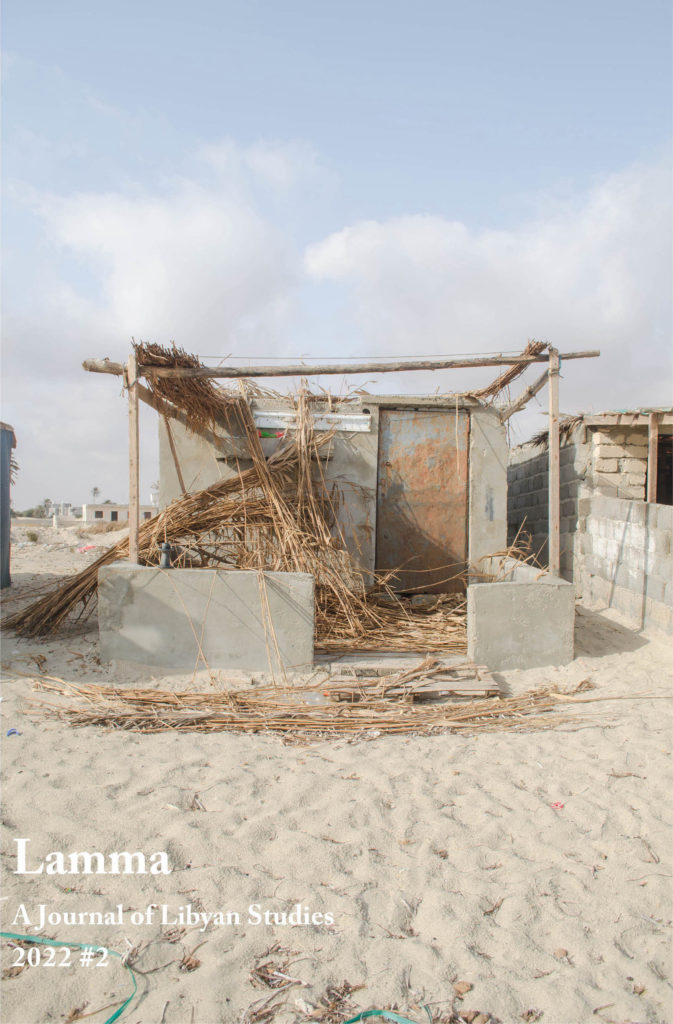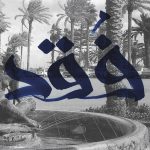Lamma aims to provide a forum for critically understanding the complex ideas, values, social configurations, histories, and material realities in Libya. Recognizing, and insisting on, the urgent need for such a forum, we give attention to as wide a range of disciplines, sources, and approaches as possible, foregrounding especially those which have previously received less scholarly attention. This includes, but is not limited to: anthropology, art, gender, history, linguistics, literature, music, performance studies, politics, religion, and urban studies, in addition to their intersections, their sub-fields, the places in between, and critical, theoretical, and postcolonial approaches thereto. Lamma is a space where these fields interact and draw from one another, and where scholars and students from inside and outside of Libya gather to redefine and reshape “Libyan Studies.” We believe that access to research is not the privilege of a few but the right of all and that knowledge production should be inclusive. For these reasons the journal takes its name from the Arabic word lamma “a gathering.”
The contributions in this second volume help to open up space for interrelated discussions on a variety of topics, almost all largely neglected in the contemporary scholarly study of Libya. The focal point of this issue is the reflective contributions by members of a roundtable discussion “Methods and Sources for a New Generation of Libyan Studies” which took place at the 2020 Middle East Studies Association (MESA) conference. This volume also marks the publication of a watershed book on genocide in colonial Libya with a trio of responses. As ever, the editors believe in the generative power of dialoguing and mixing works of art, literature, and scholarship as we seek to shape and re-shape new discussions on, about, from, and in Libya.
CONTENTS
Lameen Souag & Adam Benkato – “The Tuareg Dialect of Ghat in 1850”
Leila Tayeb – “Roundtable: Methods and Sources for a New Generation of Libyan Studies”
Adam Benkato – “Research on Language in Libya”
Fathia Elmenghawi – “Challenges and Promises Related to Research on Women and Public Space in Tripoli, Libya”
Asma Khalifa – “Field Research in Libya”
Leila Tayeb – “Knowing Libya: Ethnography”
Amina Zarrugh – “Libyan Studies: A Call to Sociology”
Ibrahim al-Imam, translated by Safa Elnaili – “The Oasis Folks”
Khaoula Bengezi – “Uncovering Concealed Pasts, Centering Silenced Knowledges”
Ouissal Harize – “‘Qtǝlni al-shar’”
Khaled Mattawa – “Rising from Shar: A Meditation on the Future of Our History”
Ali Ahmida – “Review of Religion as Resistance by Eileen Ryan”
Tasnim Qutait – “Review of Women in the Modern History of Libya edited by Barbara Spadaro & Katrina Yeaw”
N. A. Mansour – “Review of In Vested Interests edited by AbdulMagid Breish, Louisa MacMillan, & Mysa Kafil-Hussain”
Sarri Elfaituri – “Tajarrod Foundation: Towards a New Free and Creative Space” (in Arabic)





